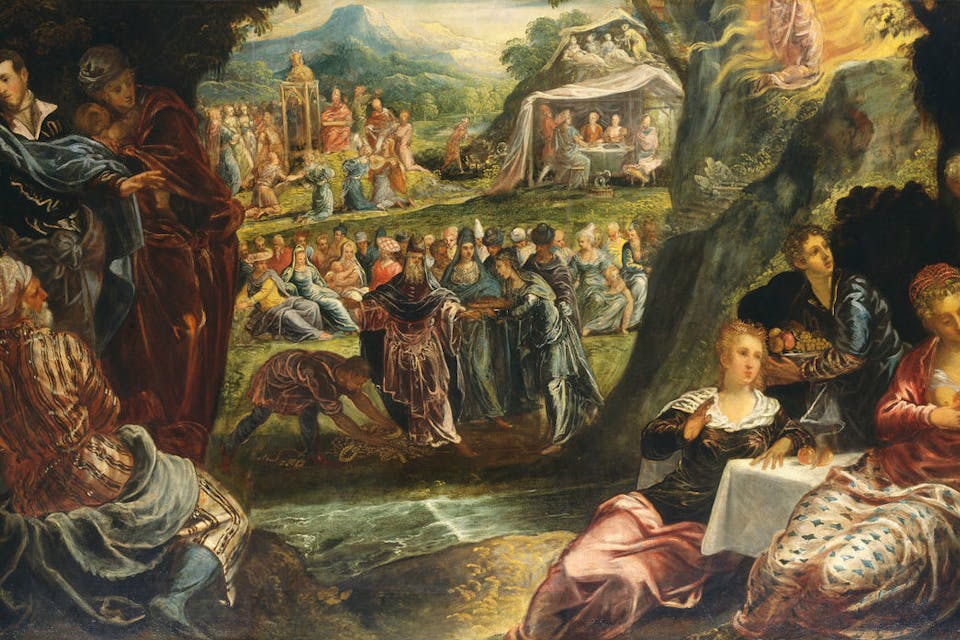
May 25, 2017
The Great Book of Grievance
There's a reason the Torah refers to the endlessly complaining Israelites, who need a golden calf to comfort them, as "the children of Israel."
Two of the Torah’s central lessons became clear to me only when I read Anti-Memoirs, the autobiography of the French writer, adventurer, and critic André Malraux. From fighting on the Republican side in the Spanish civil war, to being captured by the Gestapo in World War II, to serving in the government of Charles de Gaulle, to writing prize-winning novels, Malraux had a colorful career. His “anti-memoirs” begin with a very pointed story.
During the war, Malraux once escaped the Germans in the company of a parish priest. When the two cross paths years later, Malraux asks his former companion what he has learned about human nature from a decade and more of hearing personal confessions. Two things, the priest replies. First, that people are much unhappier than one would think; second, “the fundamental fact is that there is no such thing as a grownup.”
With this in mind, let’s look at the first verse of the book of Numbers, which synagogues begin reading this Saturday: “The Lord spoke to Moses in the wilderness of Sinai.” In giving the book its Hebrew name, Bamidbar (in the wilderness), this opening sentence reminds us of something readers too easily forget: the Torah is a tale of the wilderness.